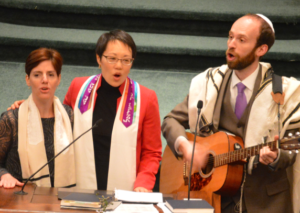
When the Word is a Sound: Toward a Sensory Scholarship of Religion
Music forcefully reminds us of religion’s timebound nature and holds its own systems of rhythm and inflection—you cannot skim music the way you can cram a text.

Music forcefully reminds us of religion’s timebound nature and holds its own systems of rhythm and inflection—you cannot skim music the way you can cram a text.

“By focusing entirely on cohort turnover, we may be missing some important individual-level changes in religious expression across the life course.”
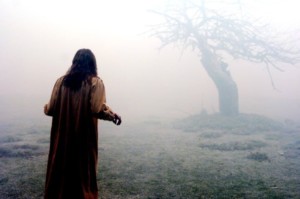
Supernatural horror’s depiction of religion takes place note only within fantastic spaces but can also depict the uncanny elements of religious belief within an otherwise recognizable “heimlich” space.
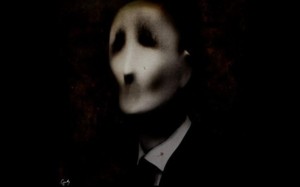
Legendary figures and other forms of folklore need to be understood in relation to the vast configuring of social relationships and structures that are part of cultural expression. As the efficacy of these mediating structures erode, individuals lose the influences from the values of a wide range of groups. Here, the idea of a cyberspace community is really an illusion.

The vacuum created by the blatant abuses of power by suddenly illegitimate authorities has exposed the spiritual needs of starving Americans, from sea to shining sea.

Previous generations have not been influenced to change and adapt as quickly as Millennials and Generation Z

In Switzerland, immigrants are in general expected to ‘culturally and socially integrate’, while ethno-cultural differences are, at the same time, perceived as enriching and ethno-cultural identities and thus not totally expected to be abandoned.
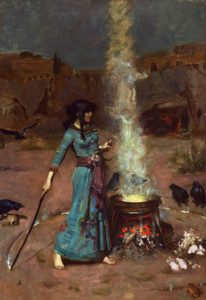
Were publications written decades ago for “women-only” already part of history or not? What to do when a certain publication was designated as “available to women scholars only” in one feminist archive but was unrestricted in another?

Religious differences are used to create dissent, which is then instrumentalized for political gains.

The institutional accommodation (and implied endorsement) of Bible-in-Schools engenders an unwarranted complacency towards monitoring of groups and materials by school boards and parents alike.

Each of the scholars involved on this panel has raised some of the historical and contemporary challenges associated with studying Scientology (or, as they suggest, “Scientologies”) and their thoughts about potential directions forward in circumstances which can sometimes feel like a frustrating research impasse. To my mind, what has stood out most clearly across the entire discussion is just how politicised and contested the study of Scientology has become – or, I would suggest, has
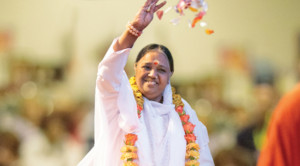
Through virtual extensions of her material presence, Amma has transformed herself into a non-sectarian religious “brand,” competing for devotees in a growing soteriological marketplace.
This work is licensed under a Creative Commons Attribution- NonCommercial- NoDerivs 3.0 Unported License.
The views expressed in podcasts, features and responses are the views of the individual contributors, and do not necessarily reflect the views of The Religious Studies Project or our sponsors. The Religious Studies Project is produced by the Religious Studies Project Association (SCIO), a Scottish Charitable Incorporated Organisation (charity number SC047750).